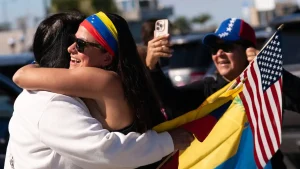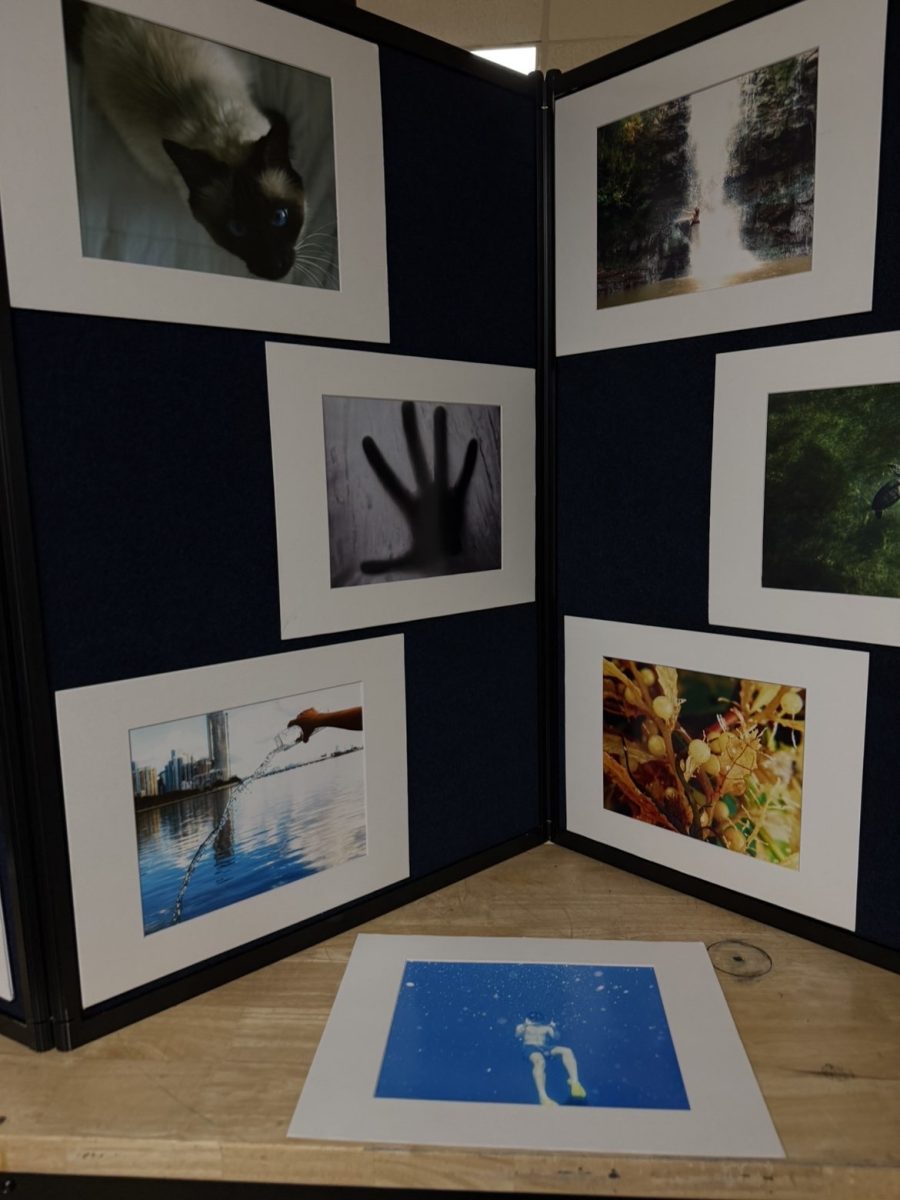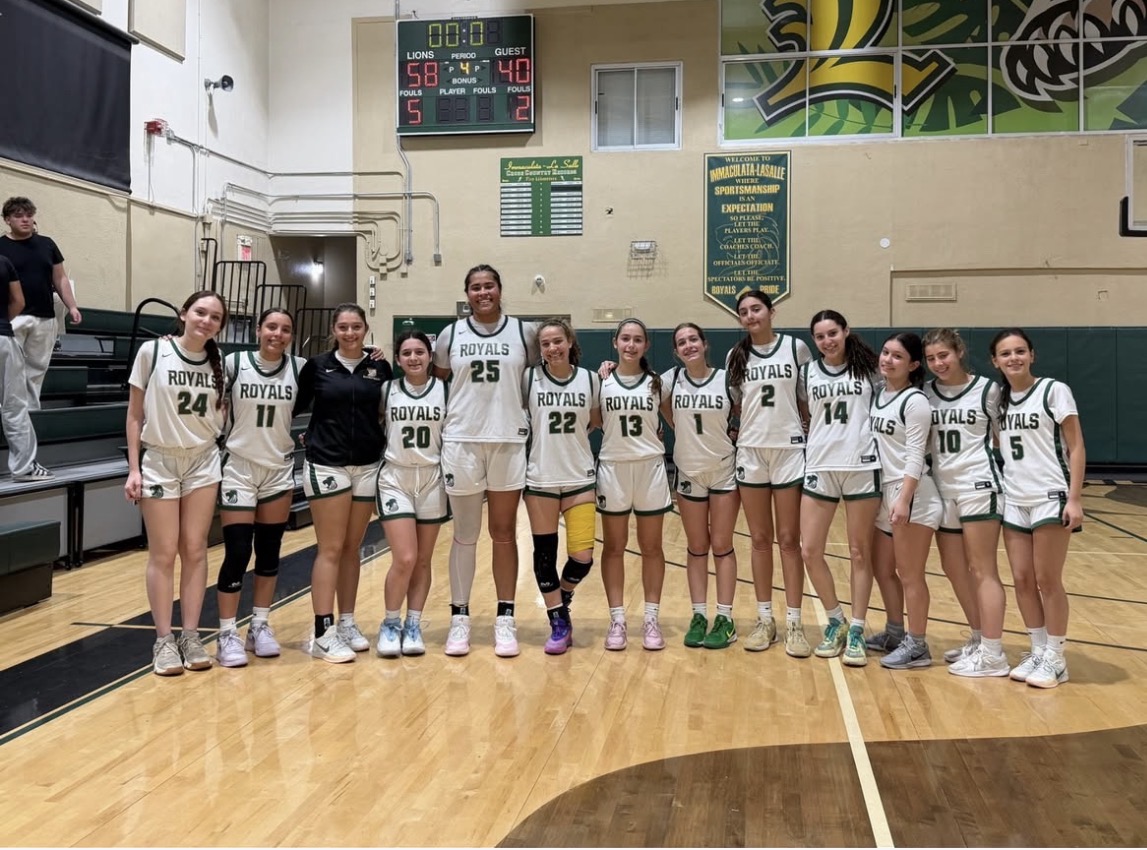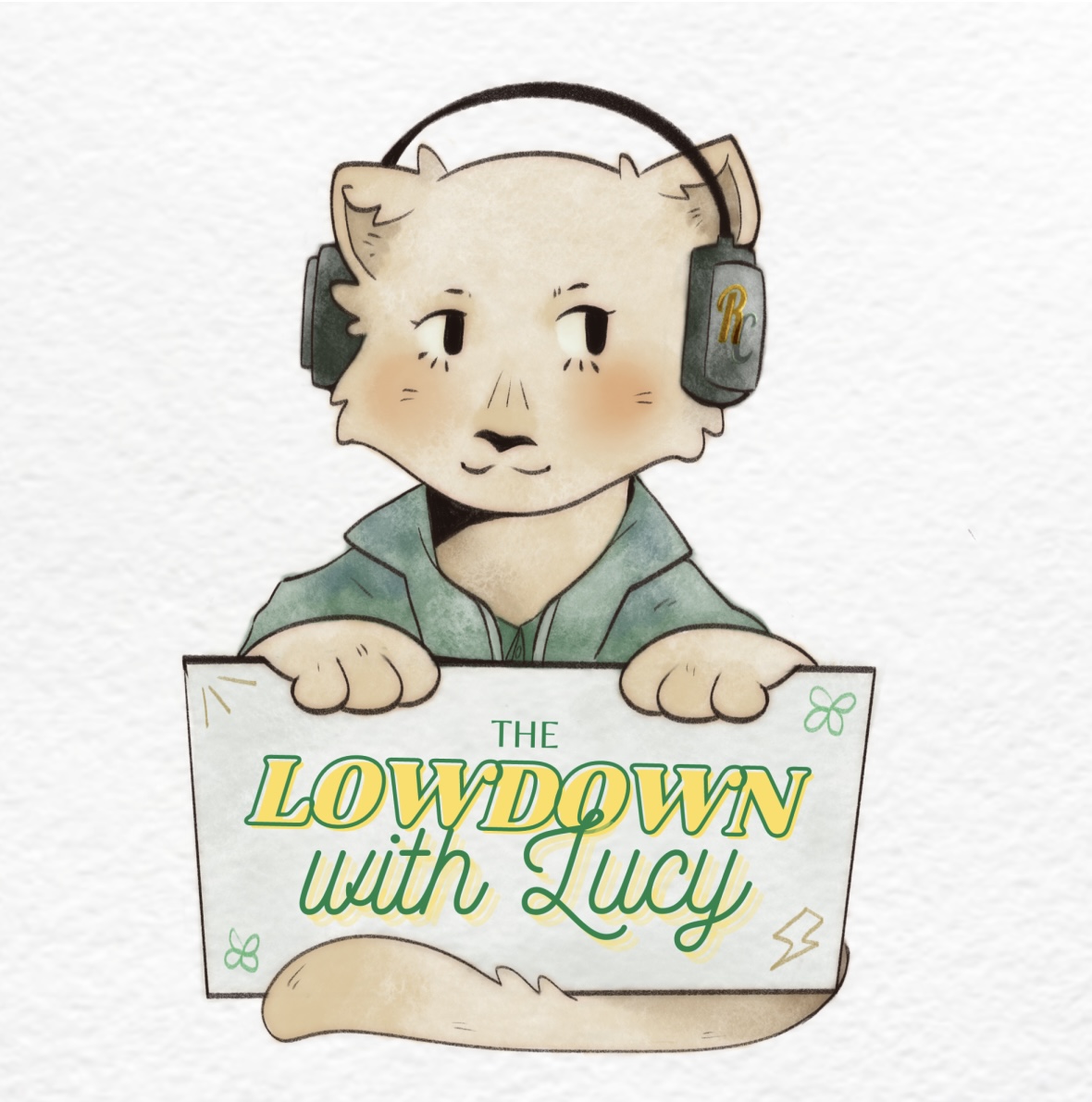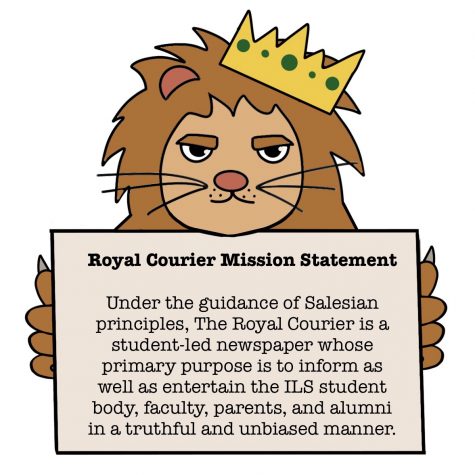Origins of Halloween
The SALTT kids were able to dress up for this year’s Halloween trip.
October 31, 2022
Halloween is a highly celebrated holiday in America, but did you know that it is originally a religious holiday?
Historians believe that Halloween originated as the Celtic Festival, Samhain. The Celtic Festival Samhain means summer’s end, the end of the harvest. Celts, Western Europeans, believed that this time of year marks the time between the living and the dead. They believed ghosts wouldn’t wander the earth at this time, marking it a blurred time of the year. As tradition they would make bonfires on October 31 and wear masks that would confuse the ghost and make them think they were ghosts as well.
They would also leave food on doorsteps to make the ghost happy, to stop them from destroying their crops. That’s where the concept of Tricks and Treats started.
Christians also found this time of year important, and in the 8th century, Pope Gregory III made November 1st the date to honor all saints. The old English word for Halloween was called All- hallowmas, the evening before All Saints Day. On November 2 we celebrate All Souls Day which was celebrated by bonfires, parades, and costumes.
In the 1940s Halloween took a turn in America and many people started encouraging neighborly get-togethers and house-to-house trick-or-treating for kids. Fun parades and costumes replaced superstition and religion.
Since then, Halloween has gotten bigger and bigger every year. It is even the second largest commercial holiday in America.




